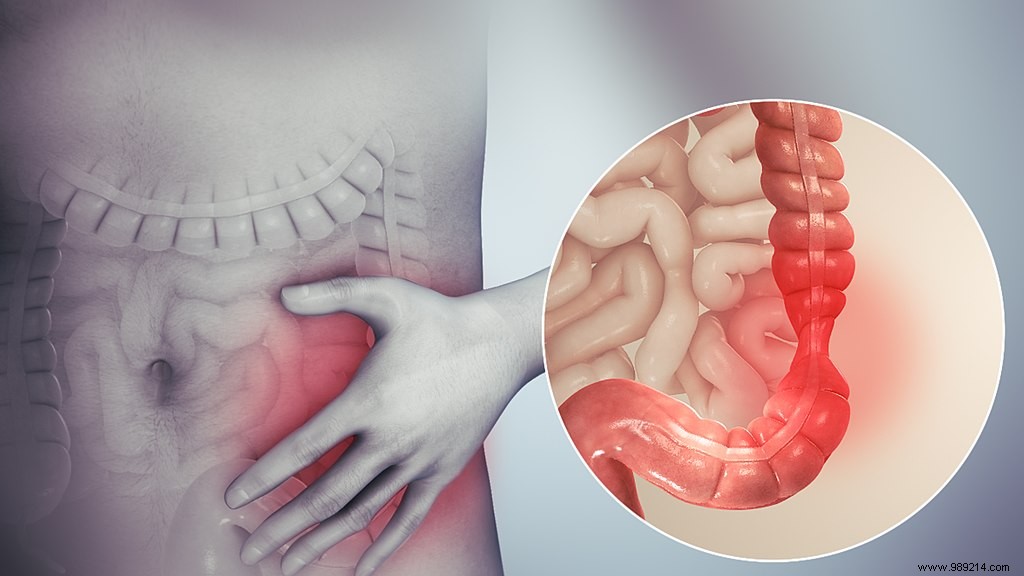A Belgian gastroenterologist recently provided an explanation for one of the mechanisms behind irritable bowel syndrome. However, this disease is characterized by abdominal pain following the consumption of certain foods. In France alone, this syndrome affects more than 5% of the population.
Many people have experienced abdominal pain after eating food . The thing is, it happens without those same people being prone to allergies or having celiac disease. Thus, it is surely a question of an irritable bowel syndrome (IBS). Although not serious, this syndrome is still disabling if it is chronic. However, the fact is that its origin is unknown , while there are strong suspicions of multiple factors.
In a study published in the journalNature on January 13, 2021, a Belgian gastroenterologist highlighted one of the mechanisms at the origin of irritable bowel syndrome. For the person concerned, the syndrome in question follows an intestinal infection , a hypothesis that his team tried to demonstrate.

In the case of a healthy intestine, there is naturally no stimulation of immune cells in the presence of food. On the other hand, in an intestine affected by IBS, certain foods stimulate mast cells , these cells of innate immunity. The latter secrete a molecule – histamine, which causes abdominal pain. Guy E. Boeckxstaens and his team took as their starting point the hypothesis that many people suffer from IBS due to an intestinal infection. They also suggested a possible explanation:the immune system of these individuals became sensitive to food passing through their intestines at the very time of infection.
Mice were subjected to a simulation of intestinal infection. The researchers infected several animals with bacteria and fed them ovalbumin (egg protein). After the infection was defeated by the immune system, the scientists again fed the mice the ovalbumin. Results ? Mast cells activated and secreted histamine. This therefore had the effect of generating abdominal pain, while there was no question of a bacterial presence. As for the rodents who had not been infected by the bacteria at the start, the leaders of the study did not observe any change.
Thus in the case of IBS, it is a question of an abnormal immune response, local and not systemic. In other words, histamine has been secreted in the area initially impacted by the bacterial infection. Finally, the researchers claimed to have also observed this phenomenon in humans, which allowed them to support their hypothesis.